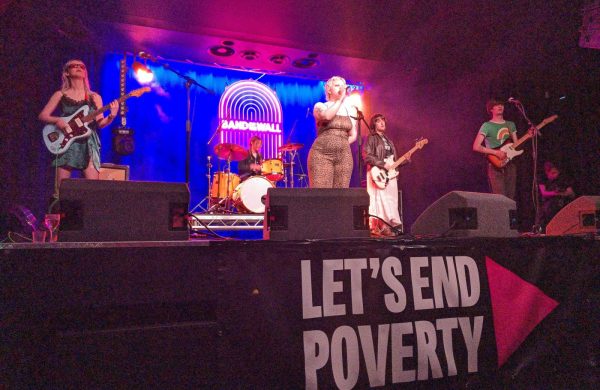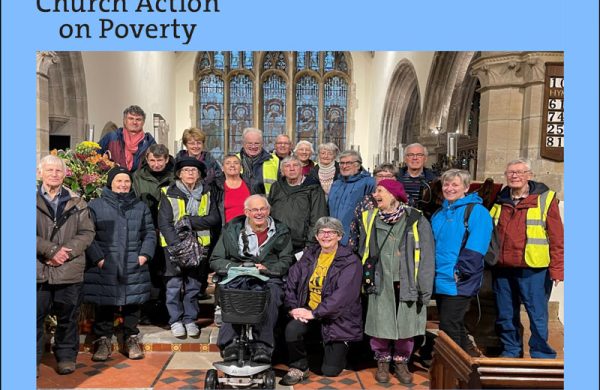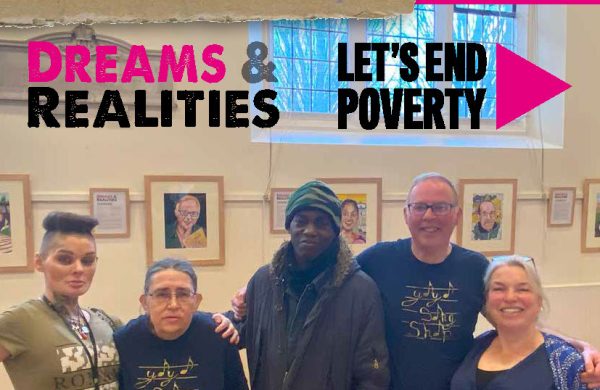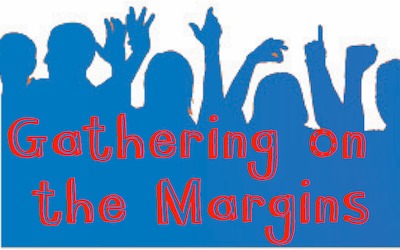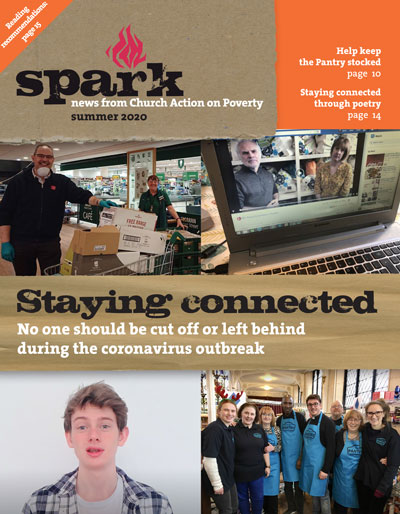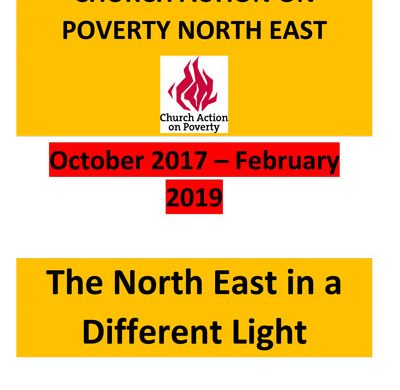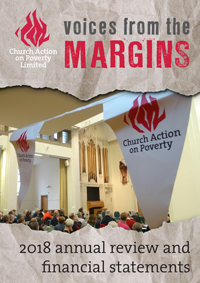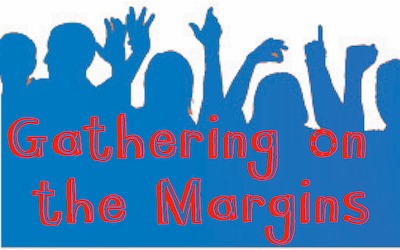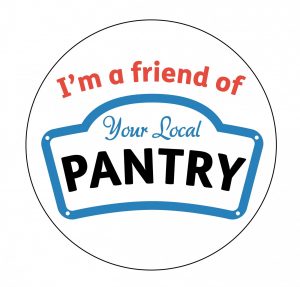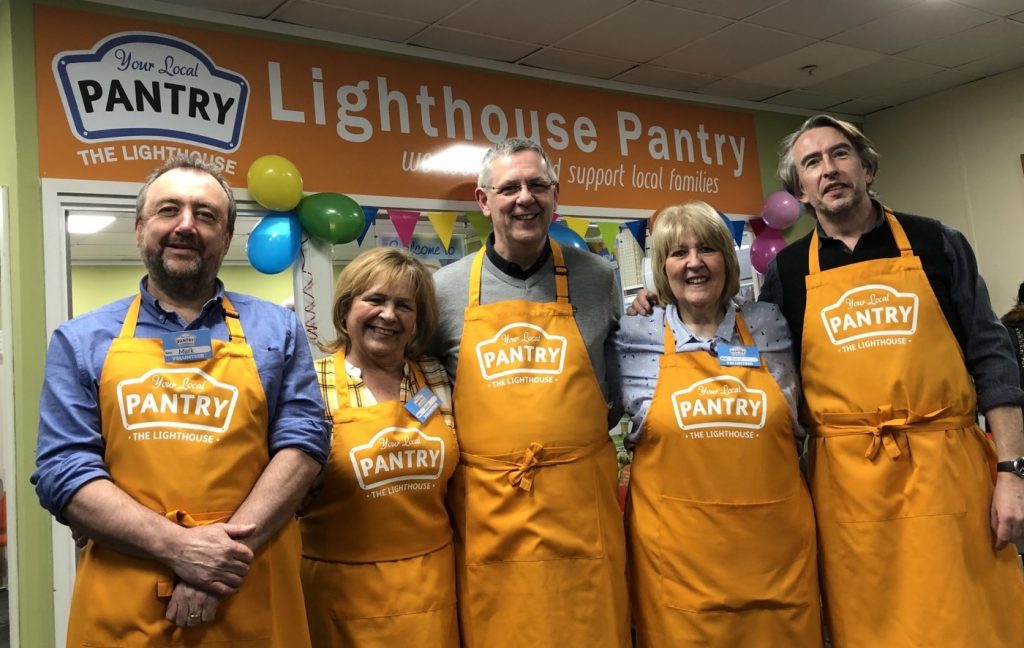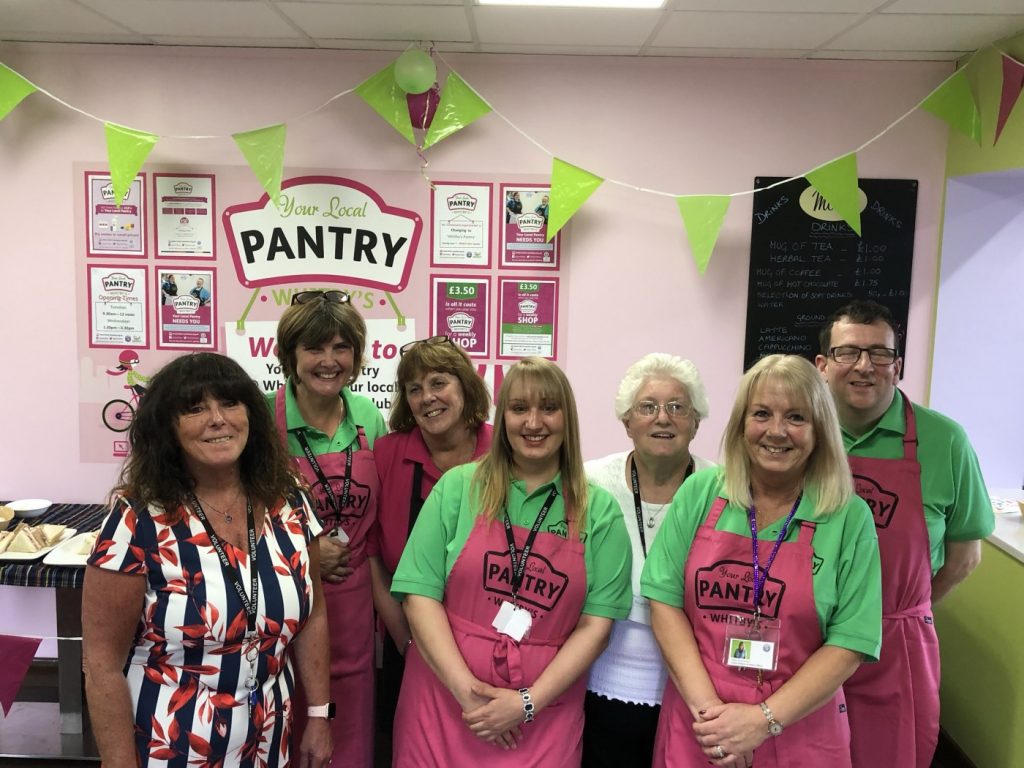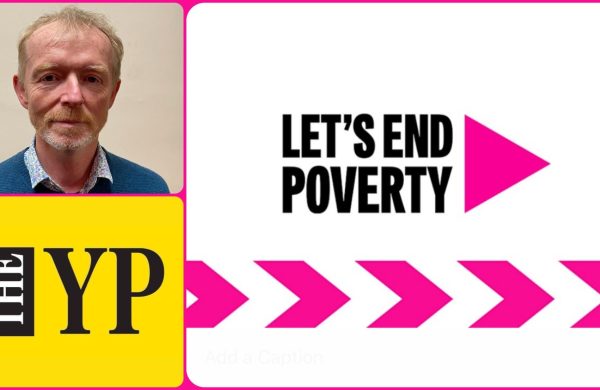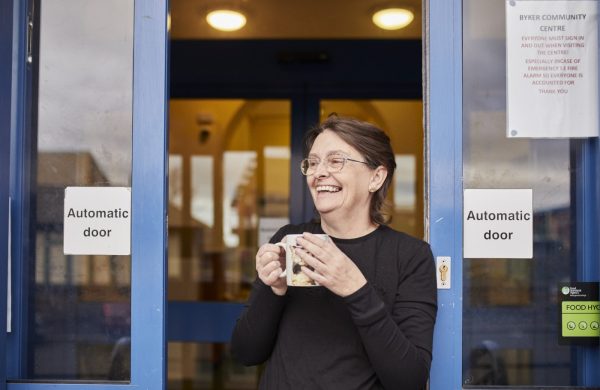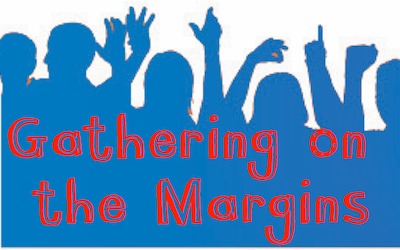Who is my neighbour?
A report from our 23 April online discussions on what it means to be church on the margins during the pandemic.
Who is my neighbour – a walkable parish
(reflection by Chris Lawrence in New York)
How are people staying connected/helping (low-tech)?
- Notes through doors, phone calls, WhatsApp groups where possible.
- Church leaflets/services/prayers through letterboxes
- URC church sending out letters (?)
- Toy, book and food boxes on streets
- Communities that had existing networks are managing to keep in touch with people, communities/churches that did not have contact details for people are struggling to reach people.
- Making masks and scrubs
- Pastoral ministry from home
- Safe contact, e.g. distanced conversations
- Shopping for people
- Street art, banners, chalk on pavements
Isolation – trigger for mental health problems
What will you do differently after this?
- Street party
- Affordable rent
- Eat and pray together (rule of life)
- Make the church a community hub
- Do church differently
- The church building does not matter, we need to be engaged in the community / change how we do church. … Being with people, being present where people are, was how Jesus worked.
- Responding to priorities will, in turn, re-shape the church.
- Were our ways of doing church before completely wrong?
- We need to do church differently, and plan for this now.
- Economics – the situation is going to be difficult after this.
- Racial justice – BME more affected by COVID 19
- Grassmarket church – developing friendship pantry.
- Would communities notice if the church left? Are churches integrated into communities?
- Will fractured communities be more whole after this?

Research and Information Officer
What does it mean to be a church on the margins?
In this excerpt from our new report, Deirdre Brower Latz shares some of what she learned in three years talking to churches in communities pushed …
News release: Poor communities hit hardest by church closures, study finds
Low-income communities are being disproportionately affected by church closures, pioneering new research has revealed.
We need to dig deeper in our response to poverty
In this guest blog, theologian Greg Smith challenges churches to find their prophetic anger. A recent article by Jo Moore on Grace + Truth highlighted …
Gemma: What I want to change, speaking truth to power
A chance conversation at just the right time set Gemma Athanasius-Coleman on the road to social justice activism. She was volunteering at Newquay Orchard, when …
Church Action on Poverty Sunday: St Cuthbert’s Church Event
On Church Action on Poverty Sunday many Churches across the country will come together in prayer and action to speak out against poverty. One great …
SPARK newsletter winter 2022-23
Click on the right to download the winter 2022-23 issue of SPARK, our newsletter for supporters of Church Action on Poverty. Download newsletter Resources Catholic …
Artists perform for change in Manchester
The inaugural event in our Artists for Change programme took place in Manchester on 28 April 2024.
Church Action on Poverty in Sheffield: annual report 2023-24
God never intended for one group of people to live in superfluous inordinate wealth, while others live in abject deadening poverty. …
SPARK newsletter summer 2024
Read or download the summer 2024 issue of our newsletter for supporters

